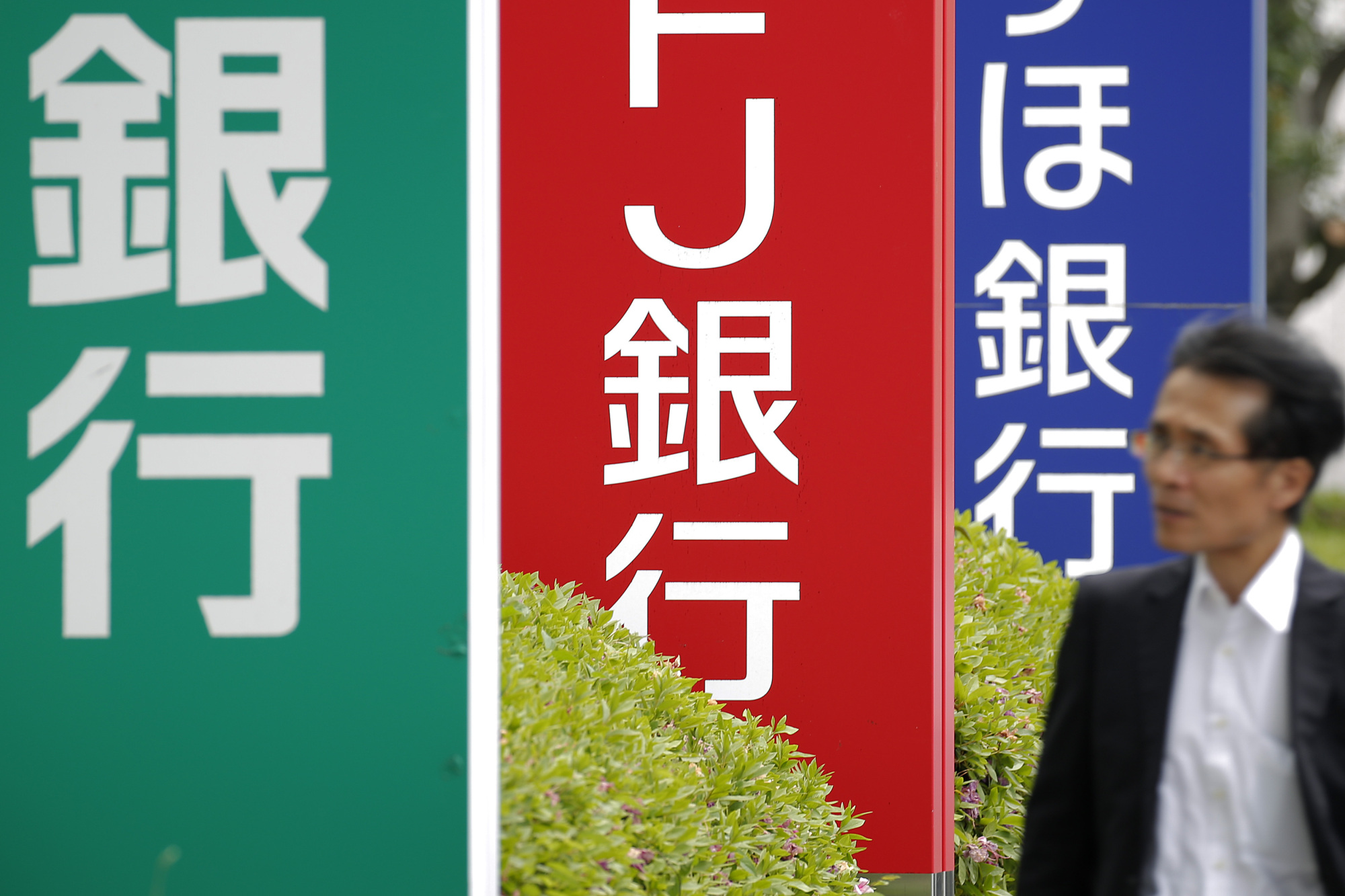Japanese banks have more than doubled their borrowing and lending in dollars since 2007, leaving them vulnerable to funding shocks such as those that exacerbated the last financial crisis, according to the Bank for International Settlements.
Assets denominated in dollars on the balance sheets of Japanese banks surged to about $3.5 trillion by the end of 2016, the coordinating body for the world's central banks said Sunday in its annual report about the global economy. Those exceed liabilities in dollars by about $1 trillion, creating a massive so-called long position in the currency. The report also noted that Canadian lenders are following a similar trend, almost doubling their dollar exposure since the crisis. Their net long positions reached almost $200 billion, the BIS said.
European firms, by contrast, have reduced exposure to dollars since the crisis, the report said. German banks, which had among the highest net dollar positions in 2007, now have matching assets and liabilities denominated in the currency after cutting dollar assets by about half.



















With your current subscription plan you can comment on stories. However, before writing your first comment, please create a display name in the Profile section of your subscriber account page.